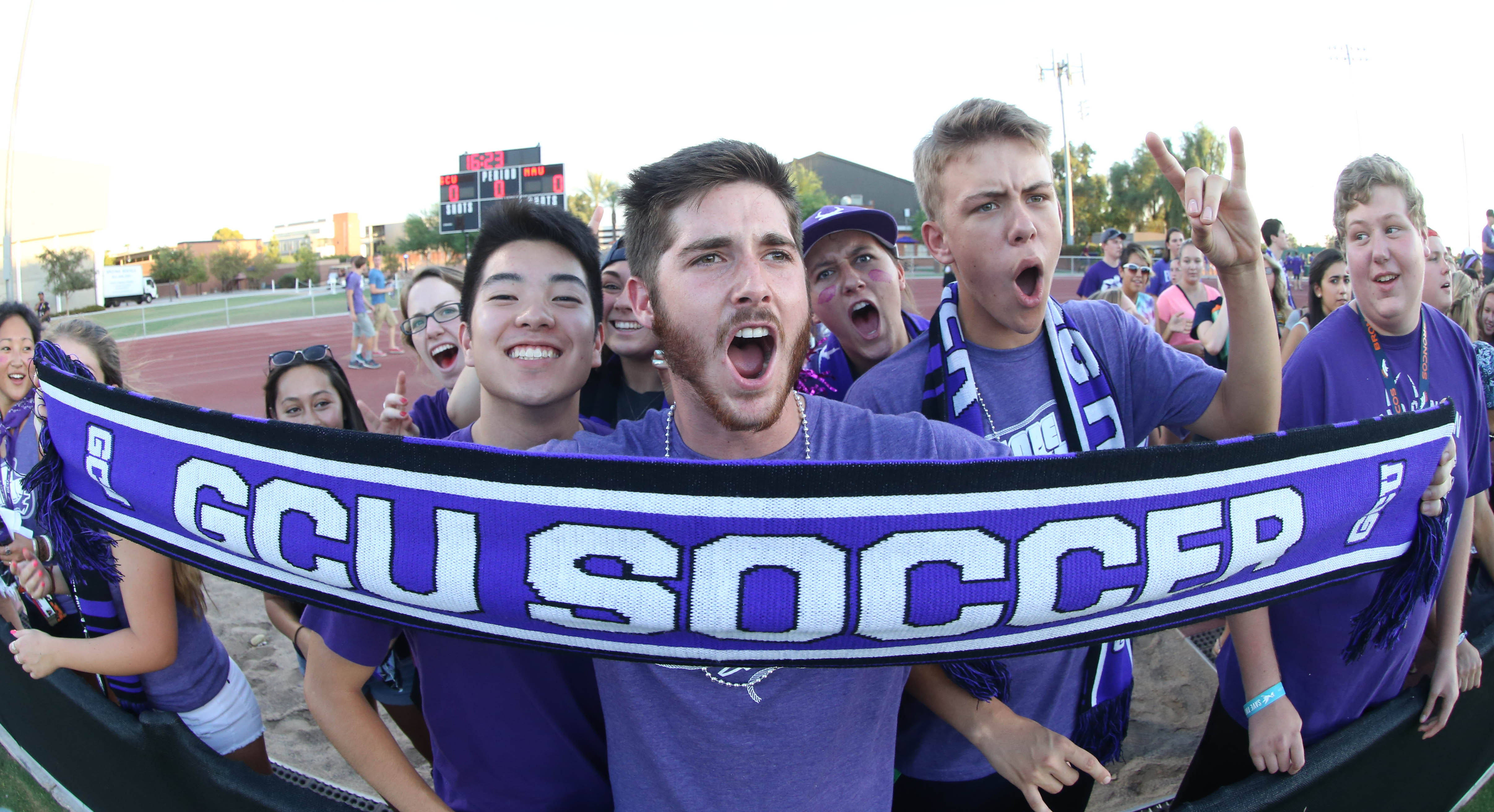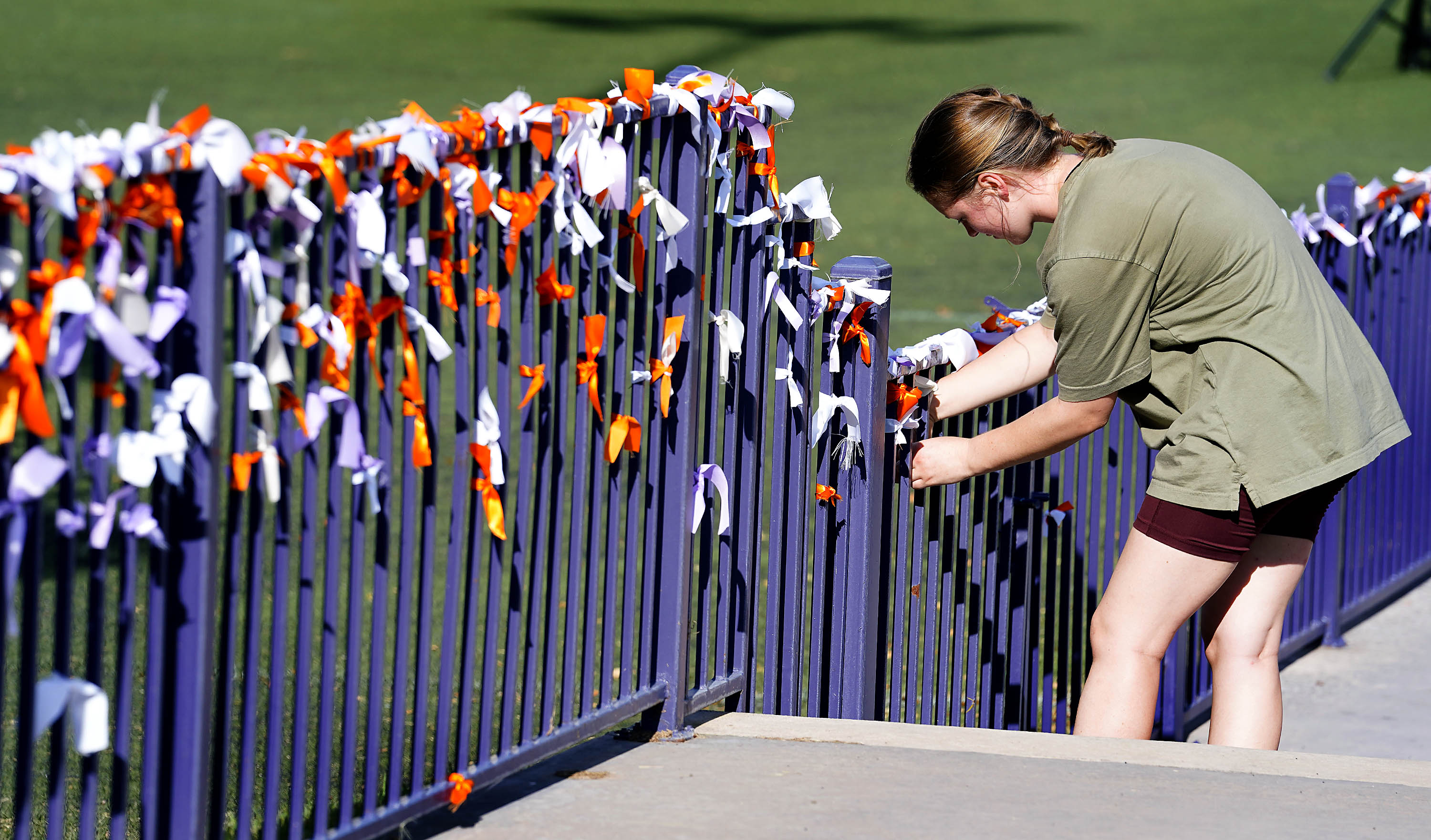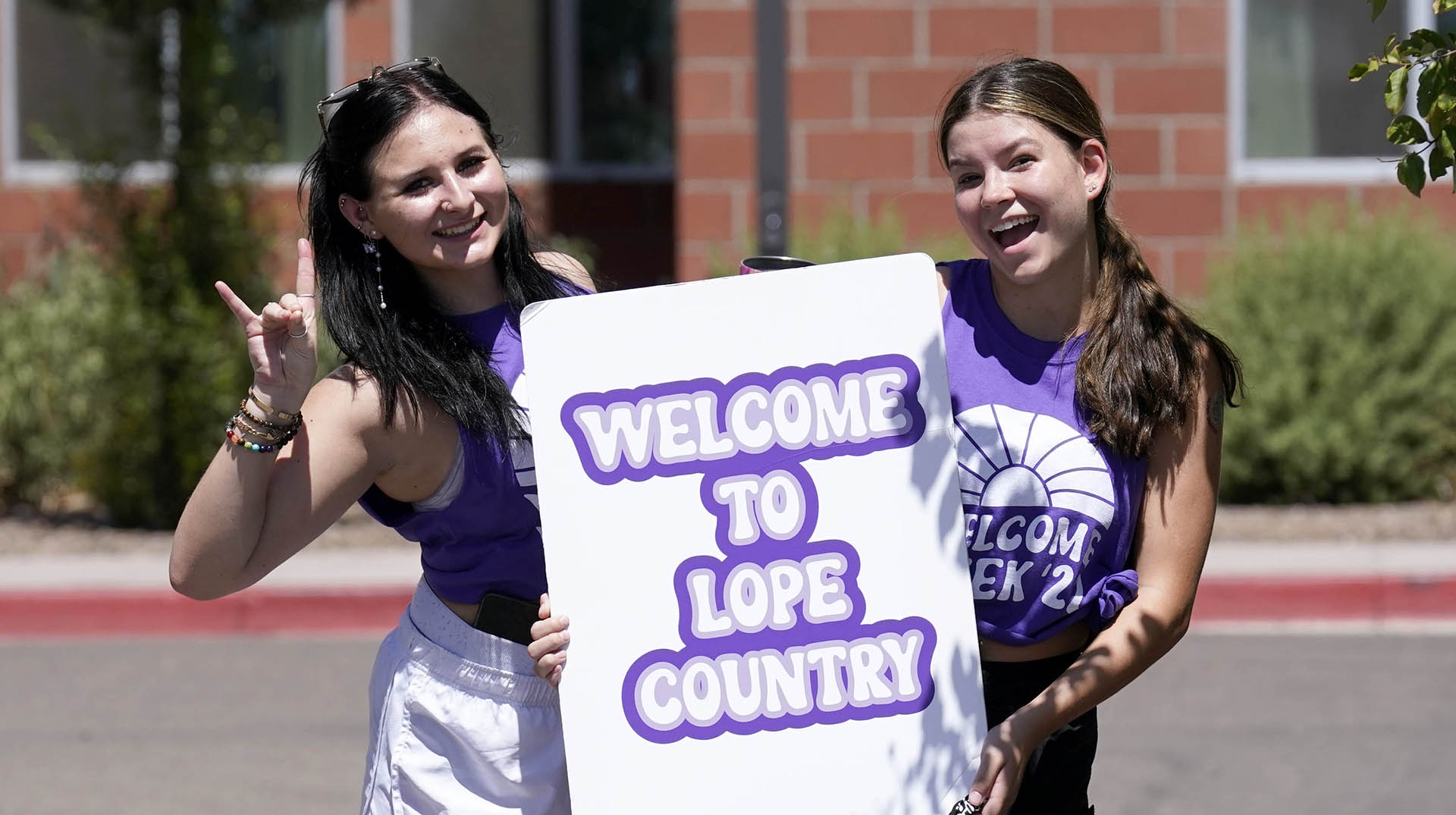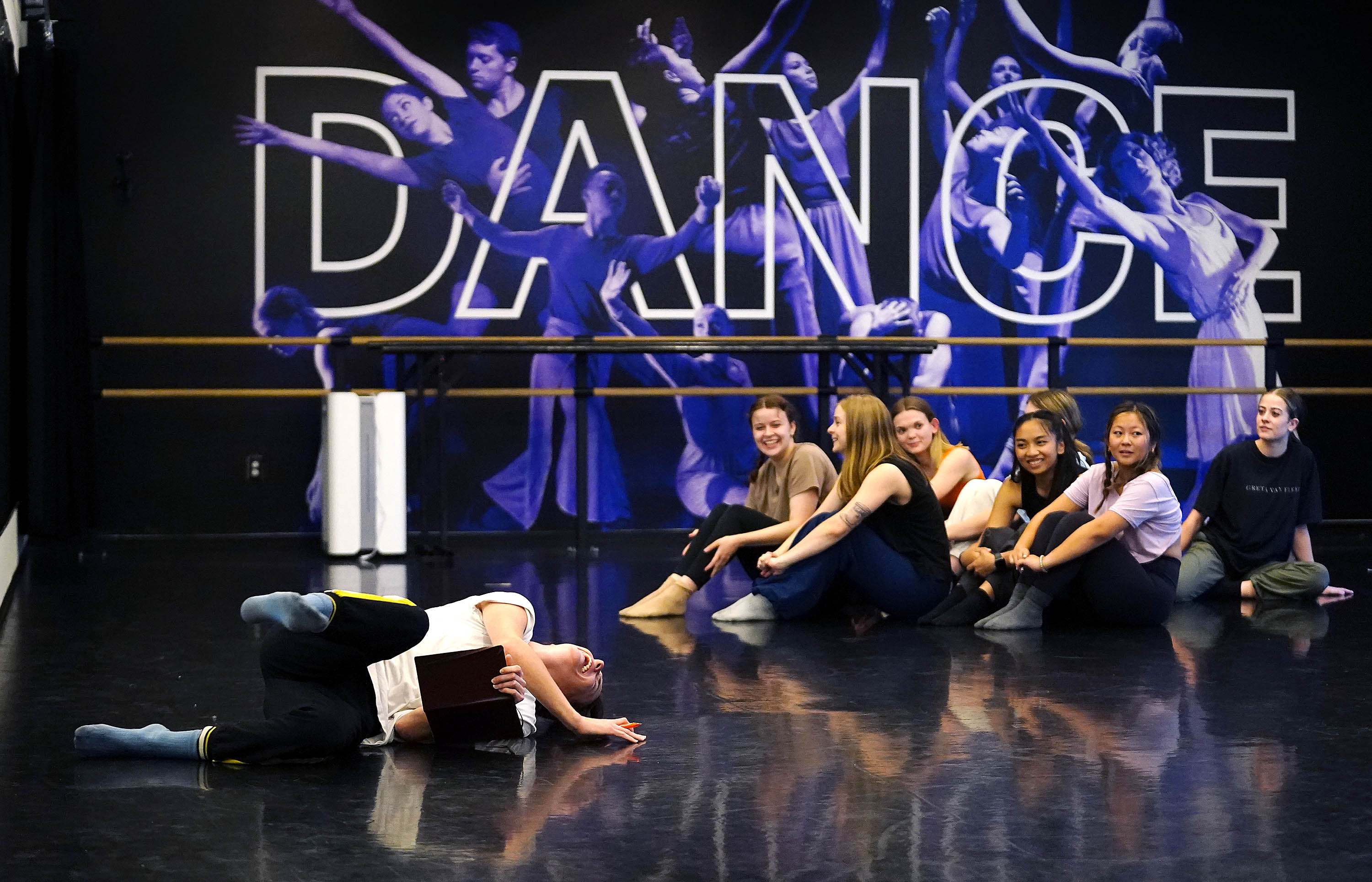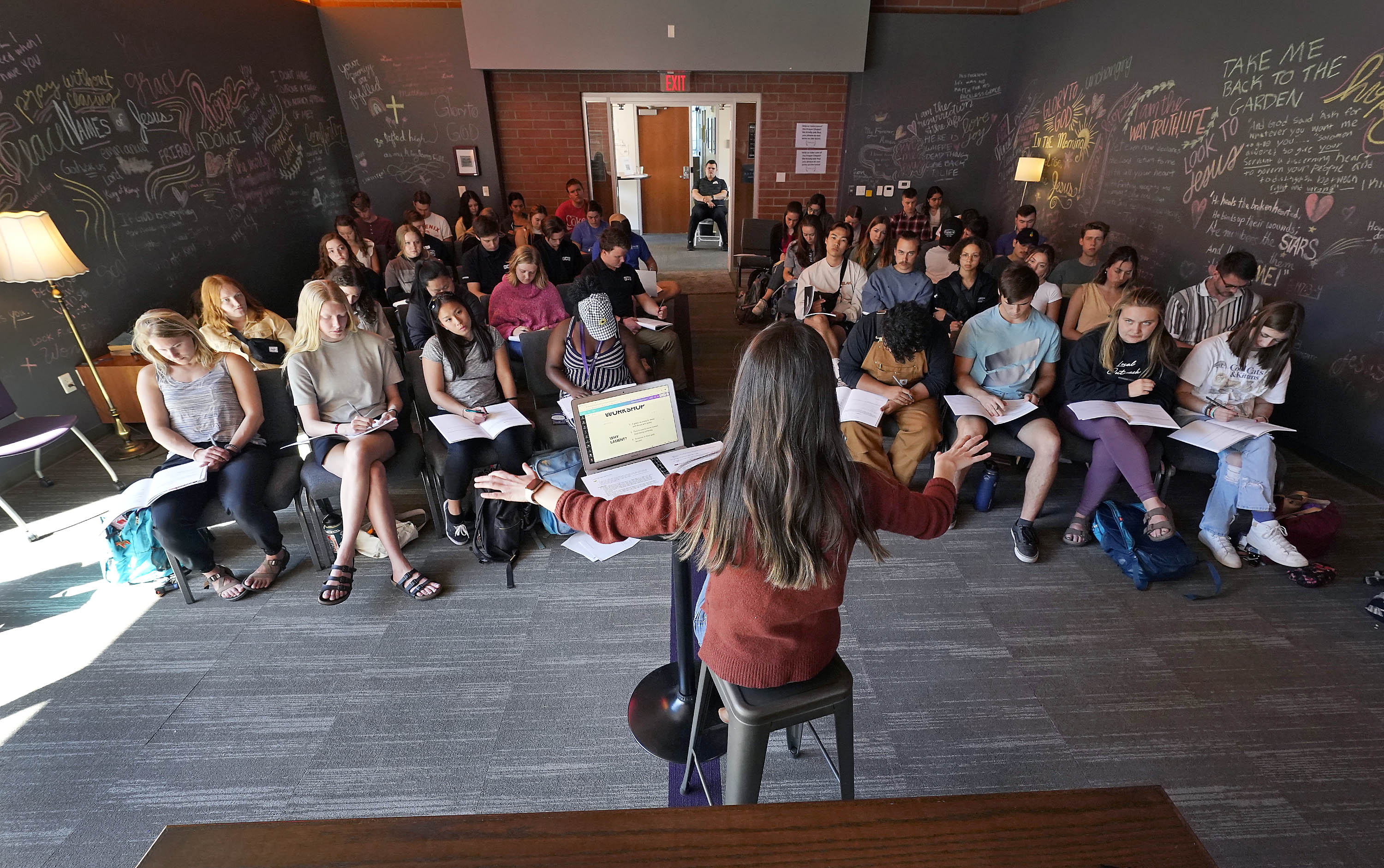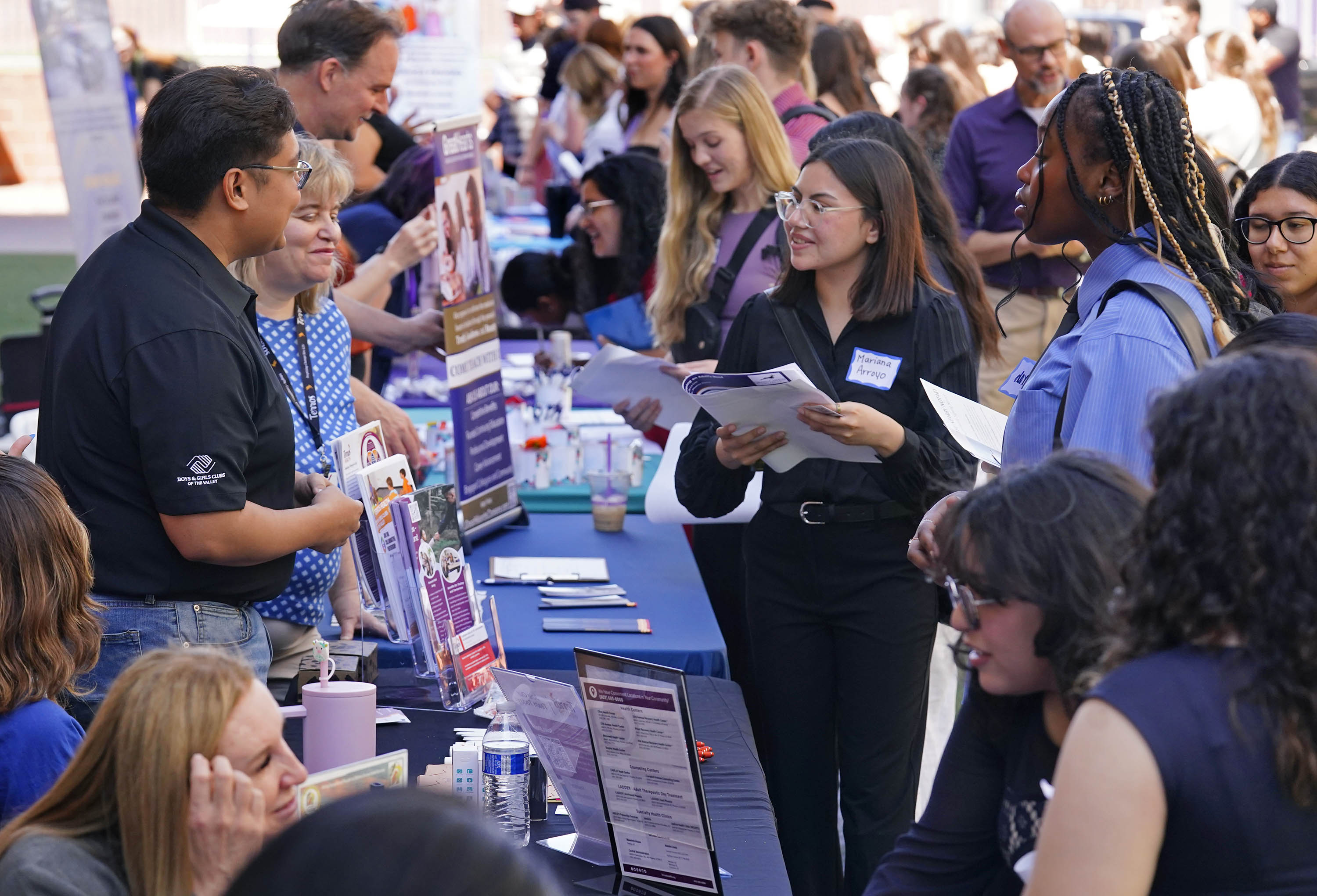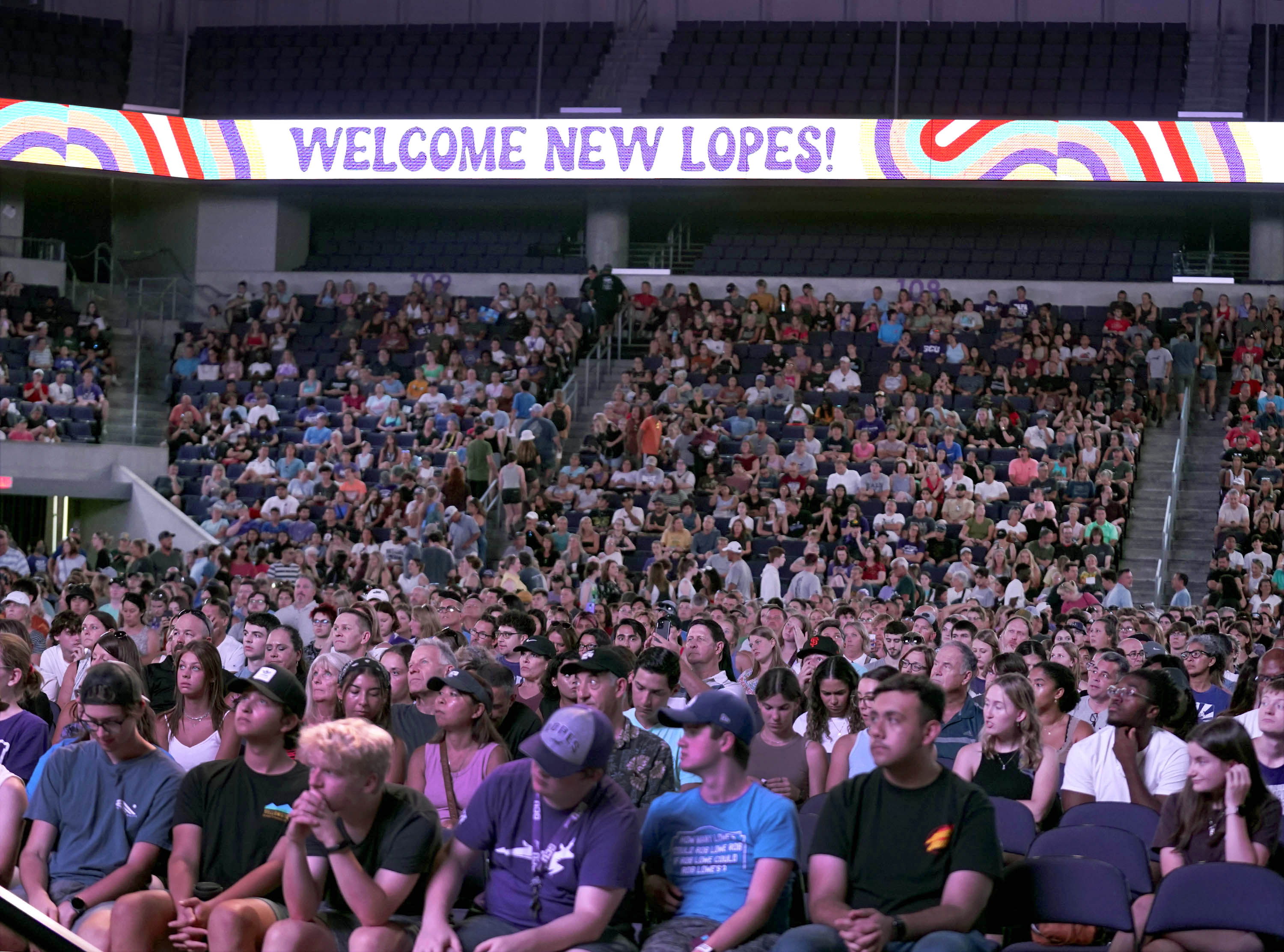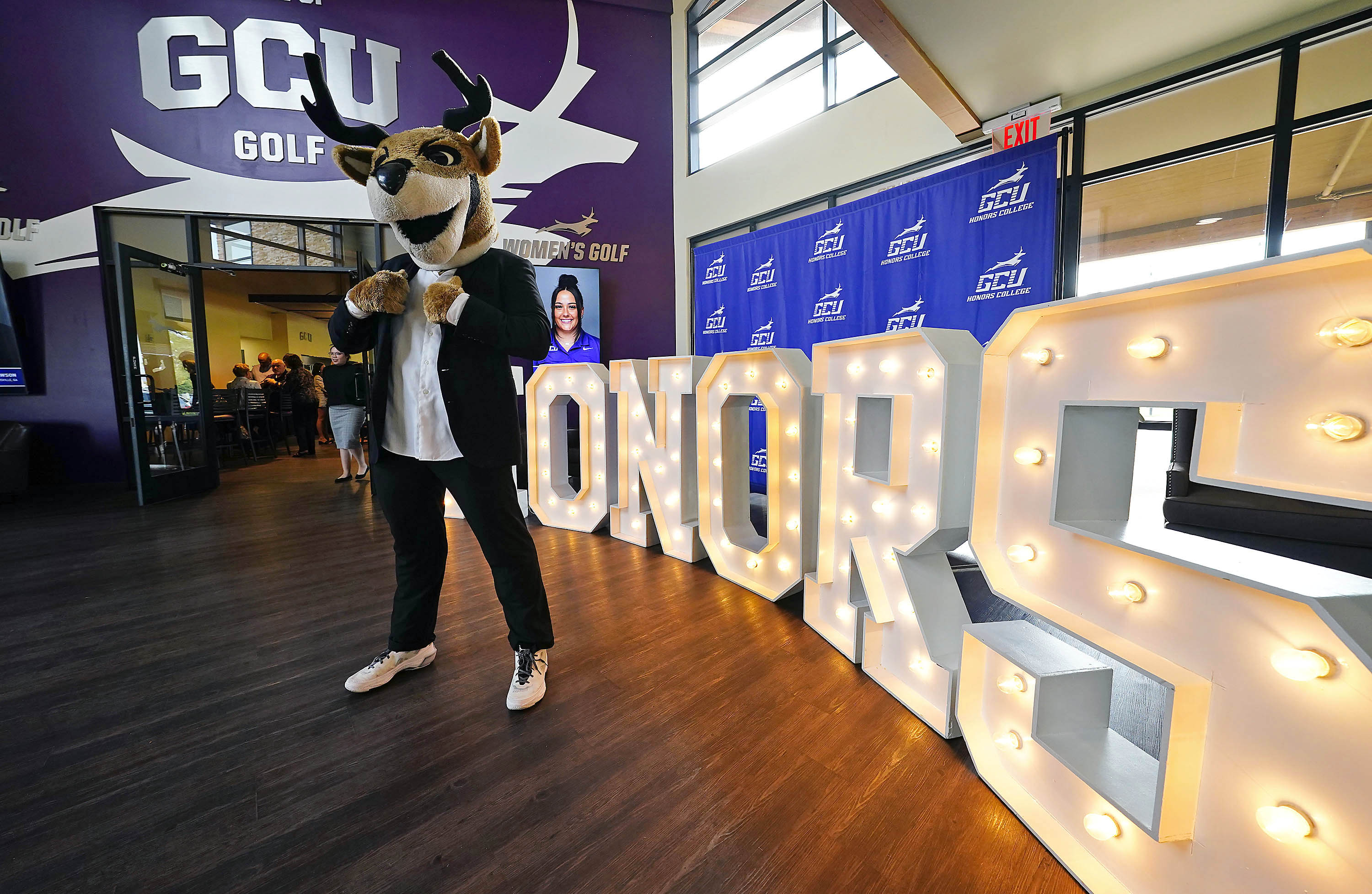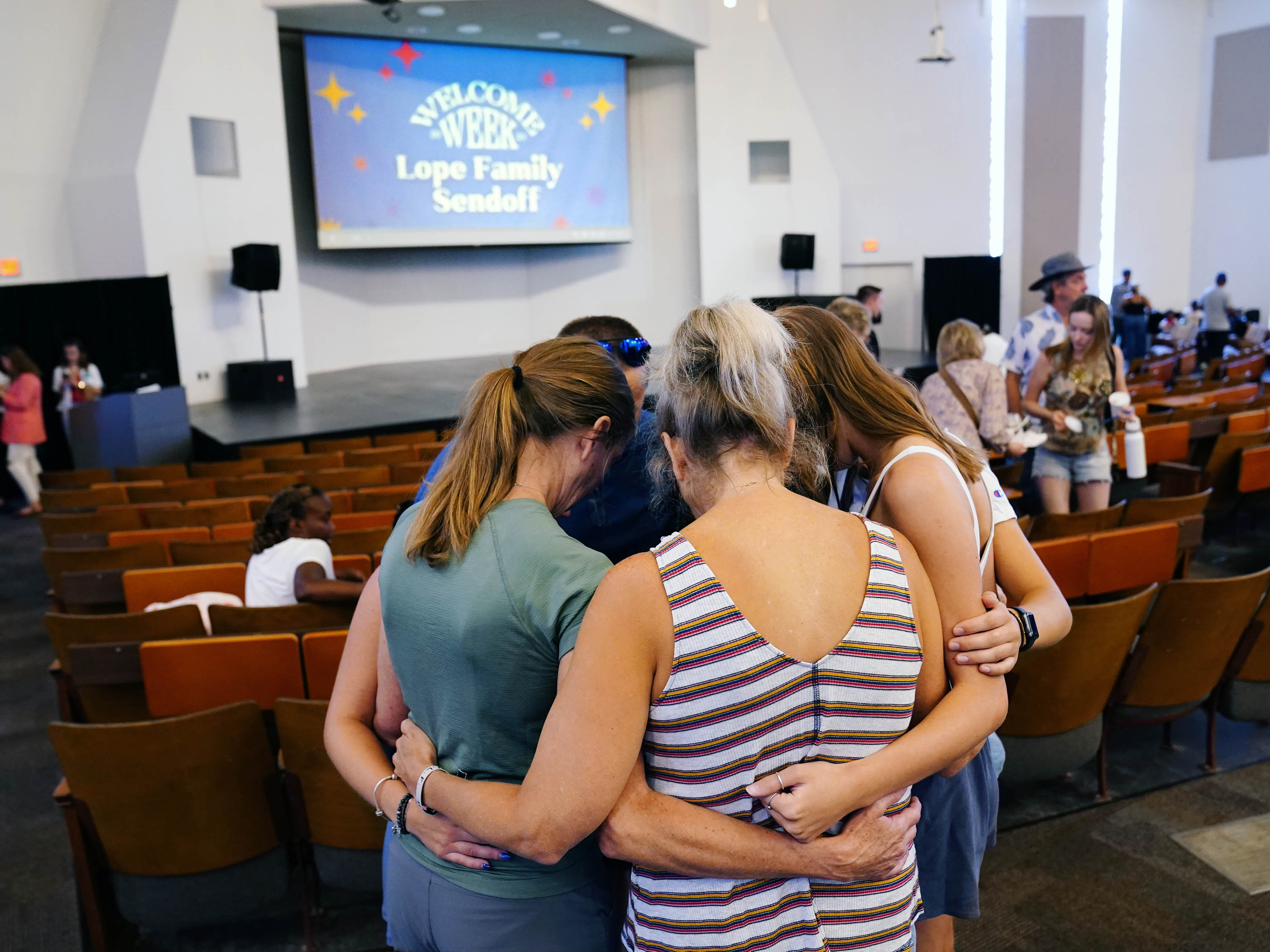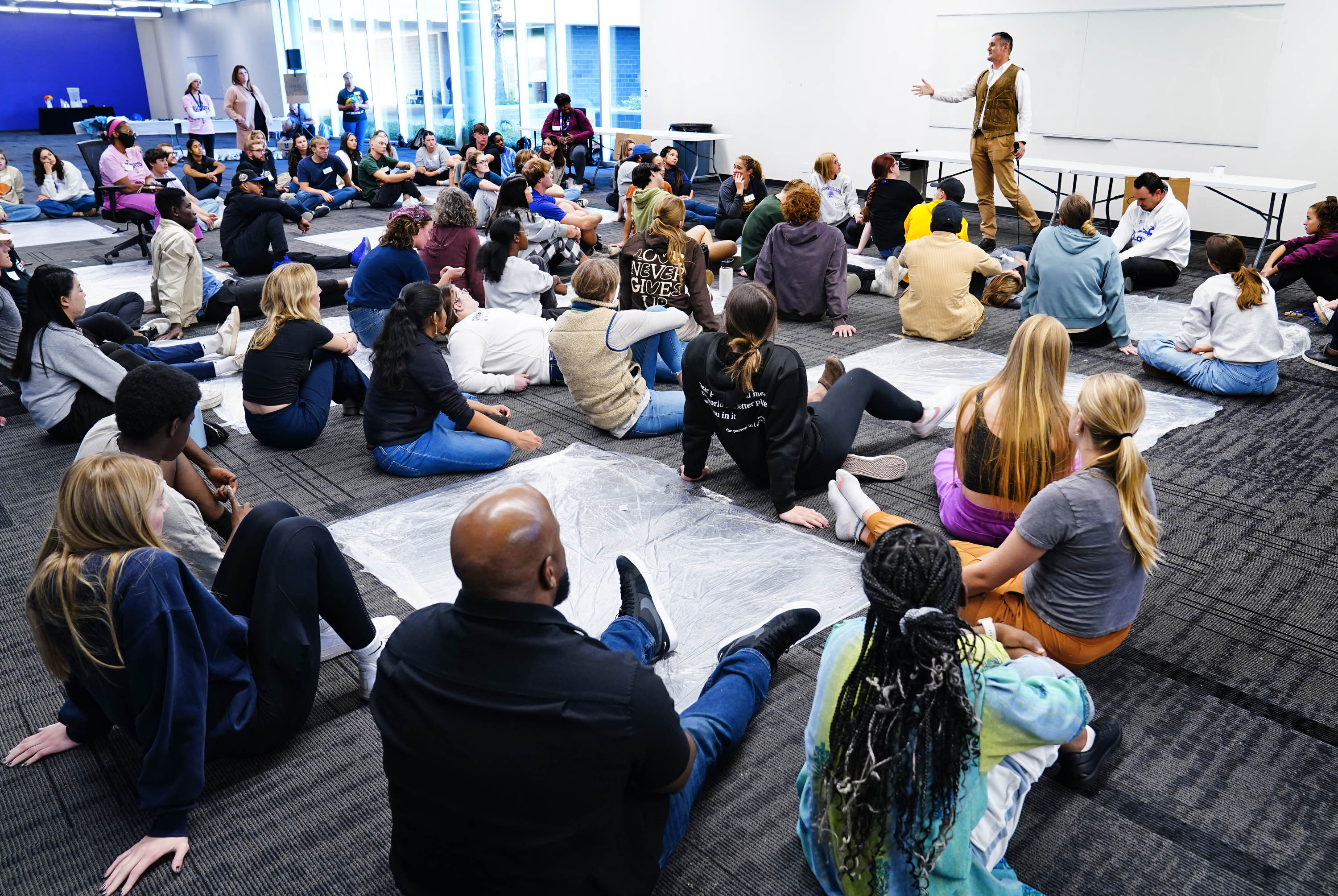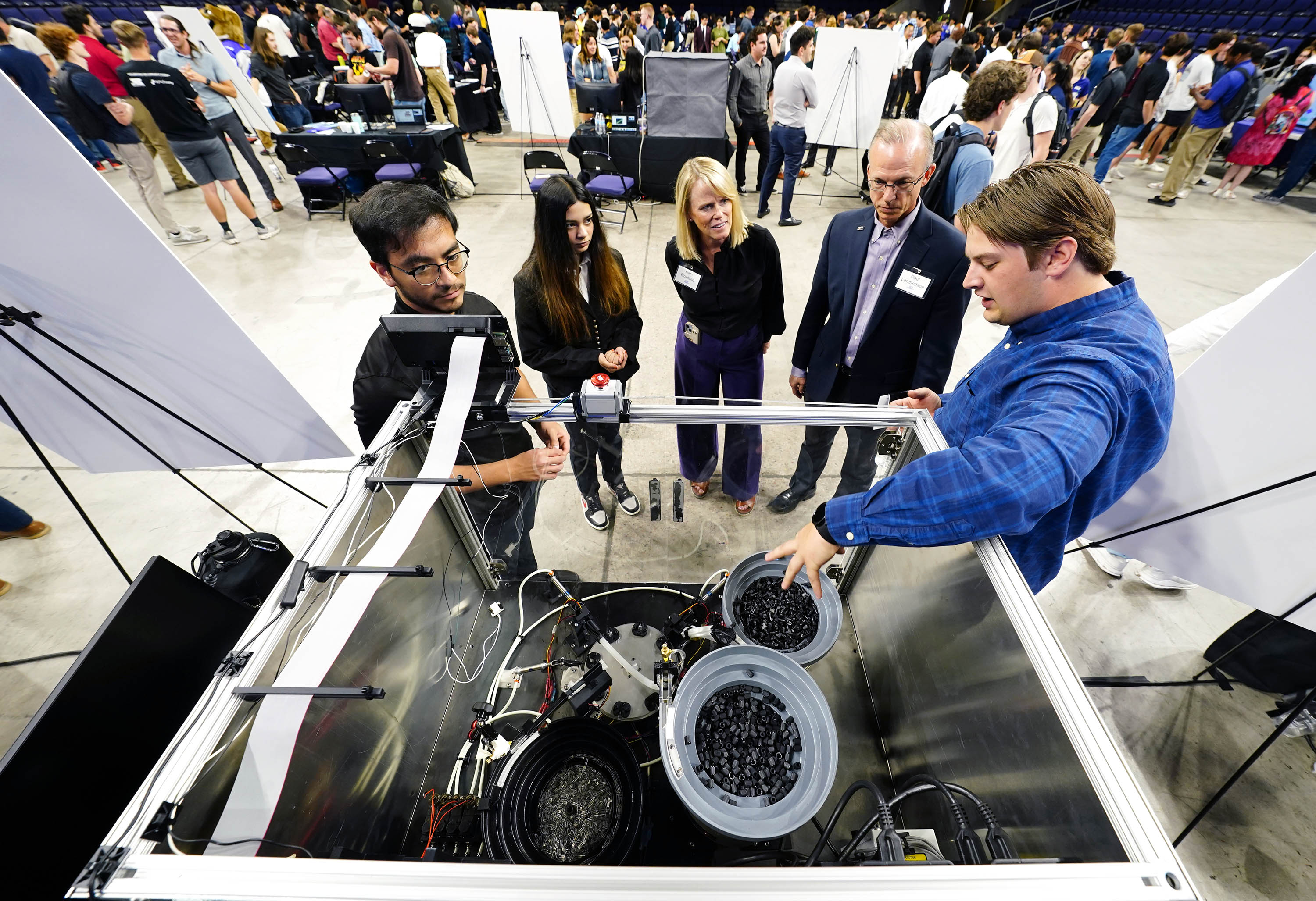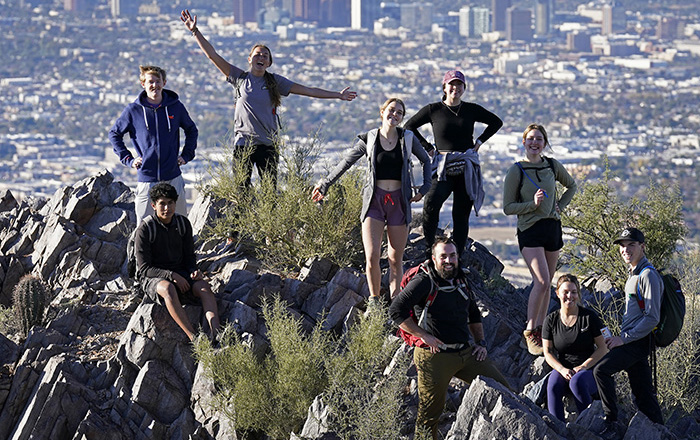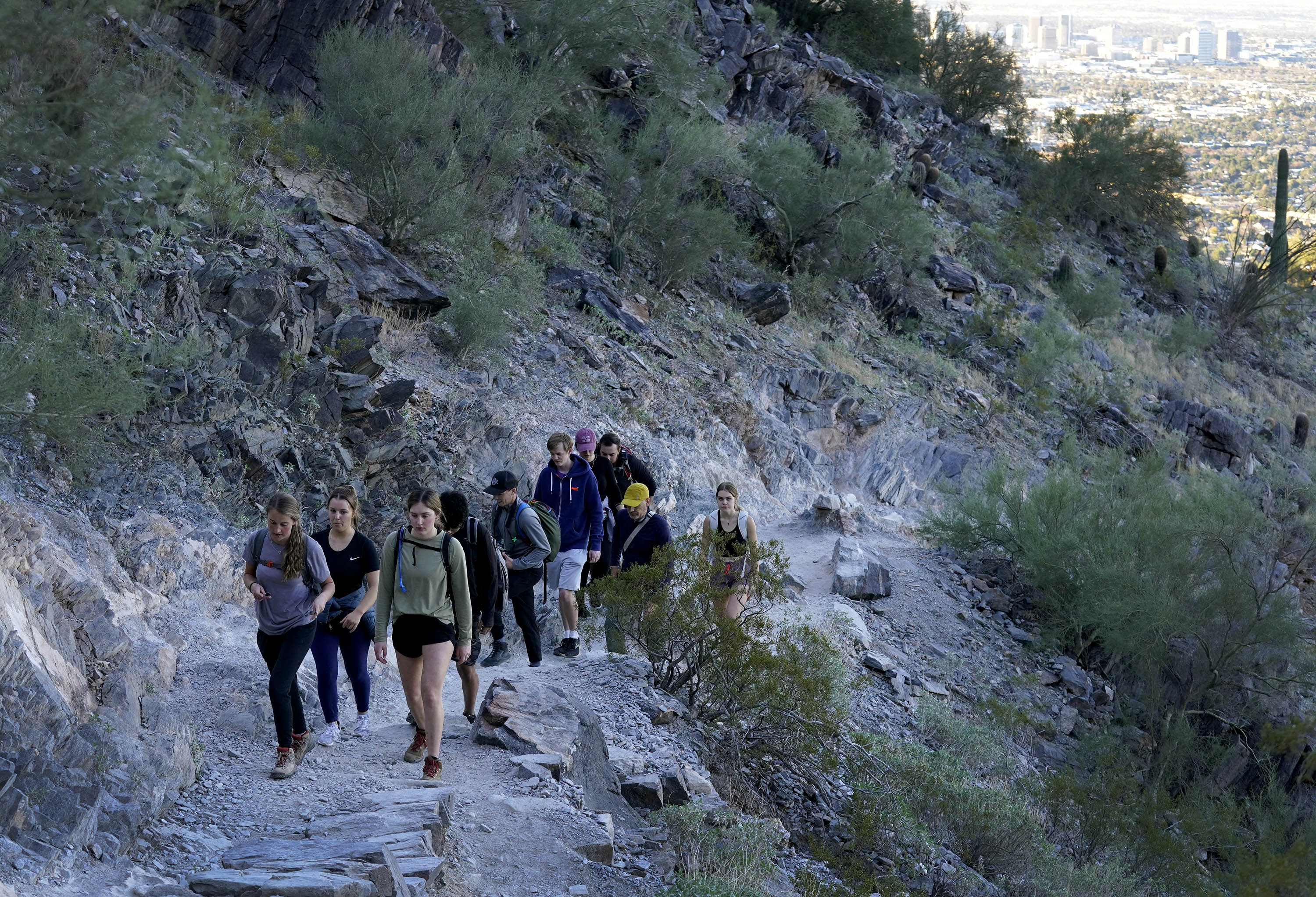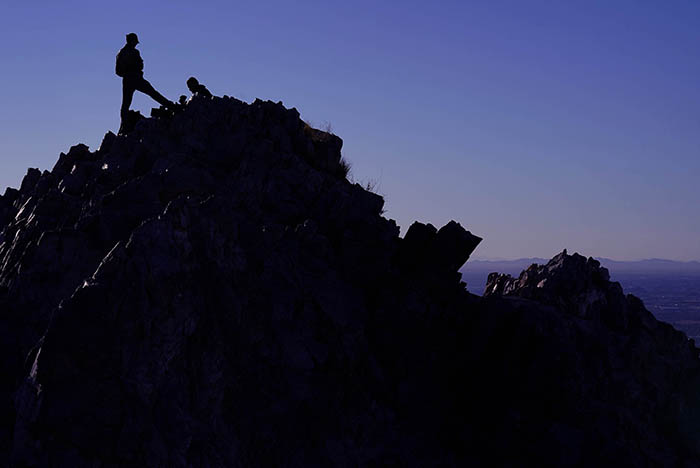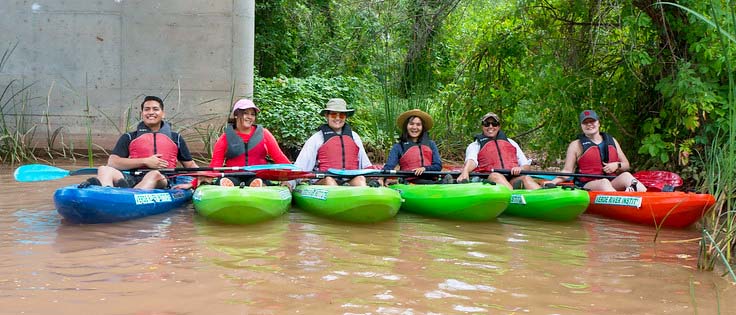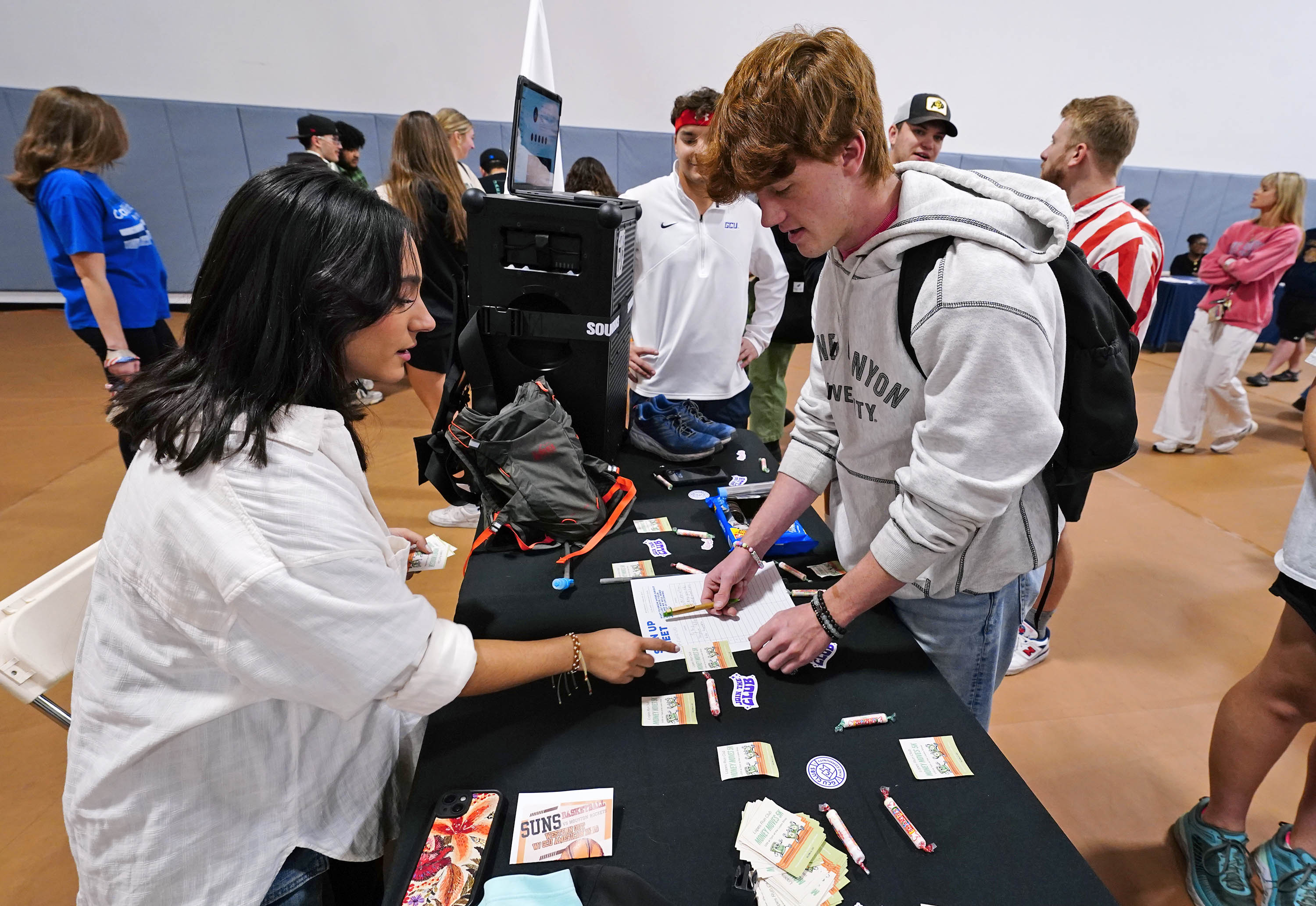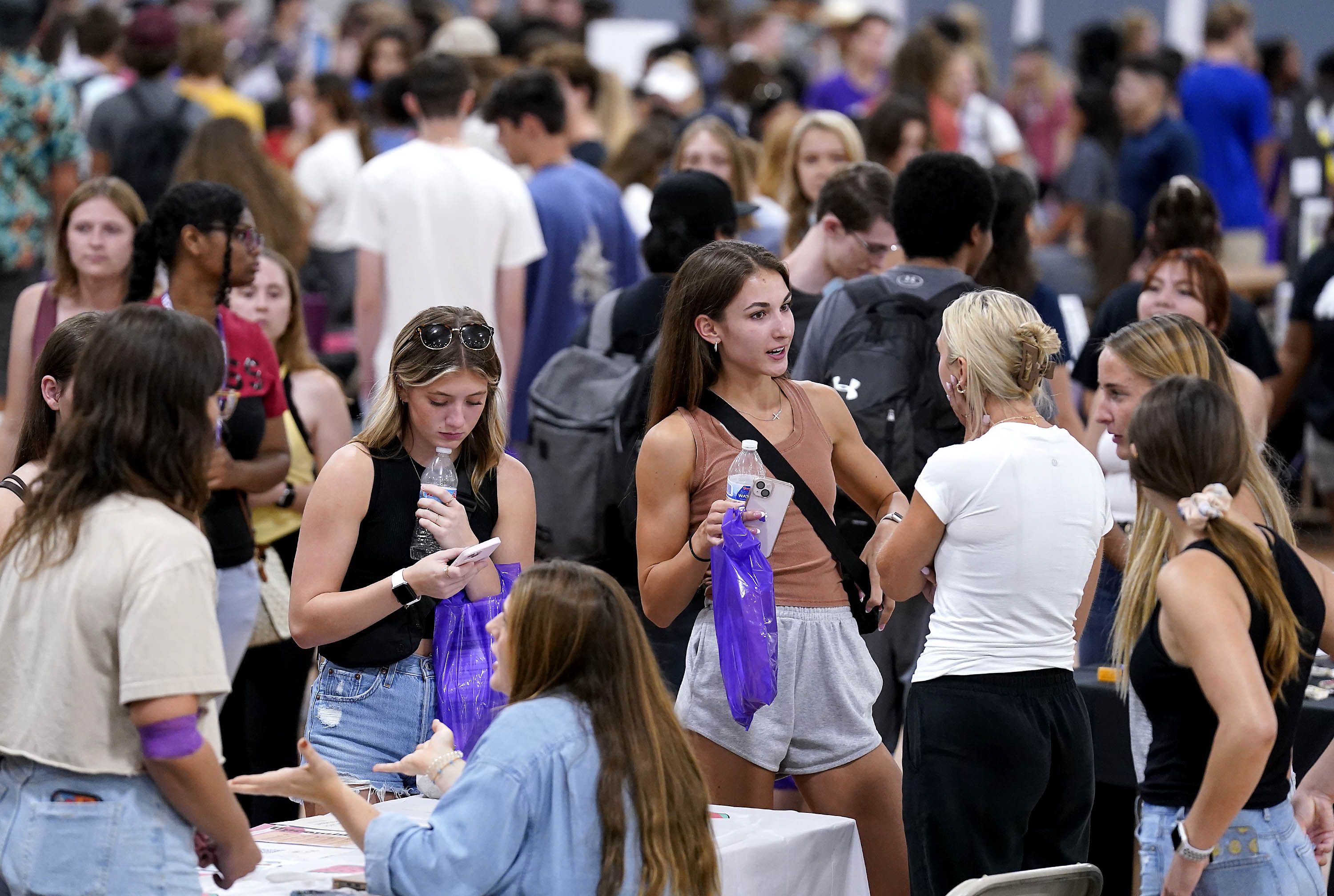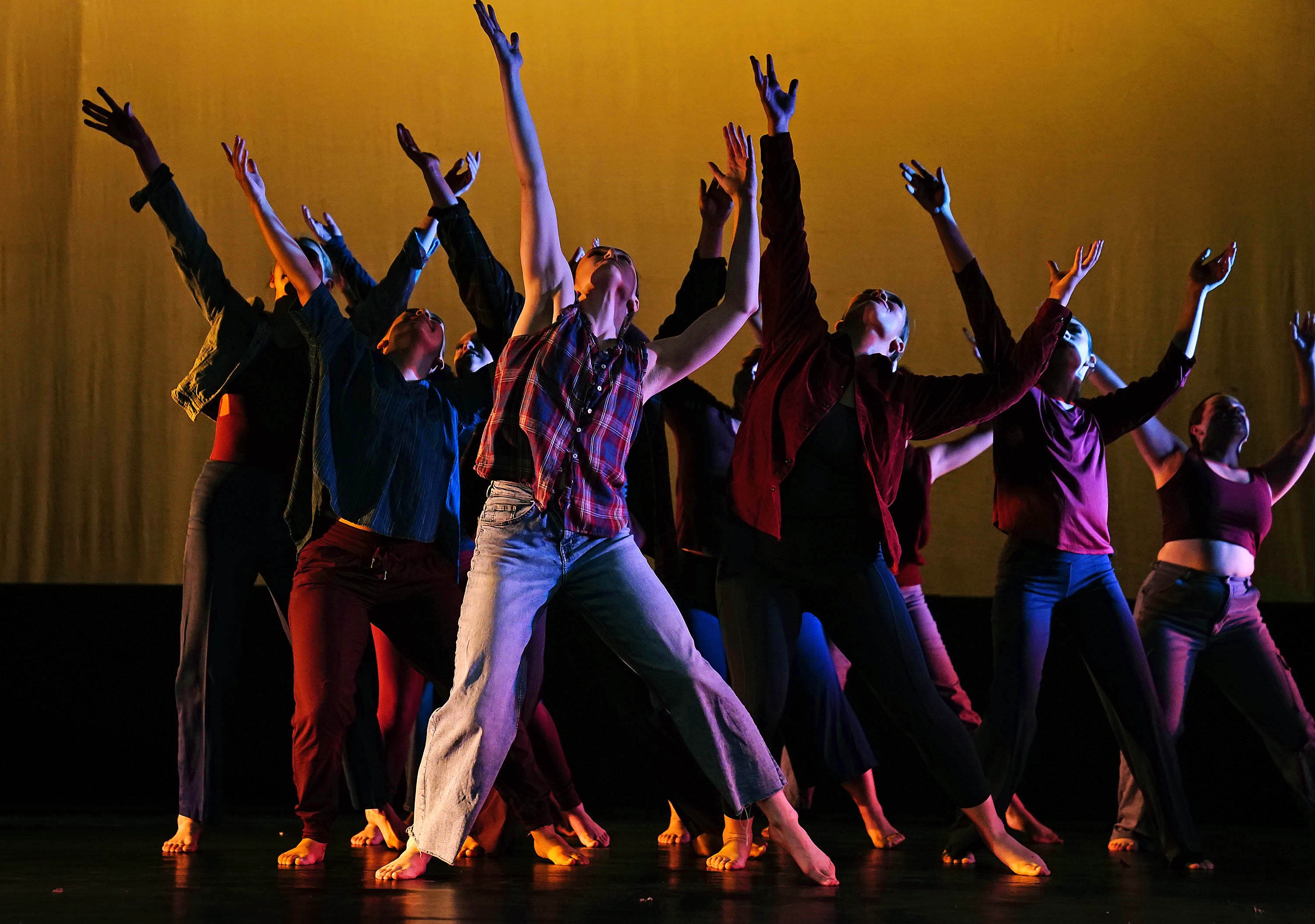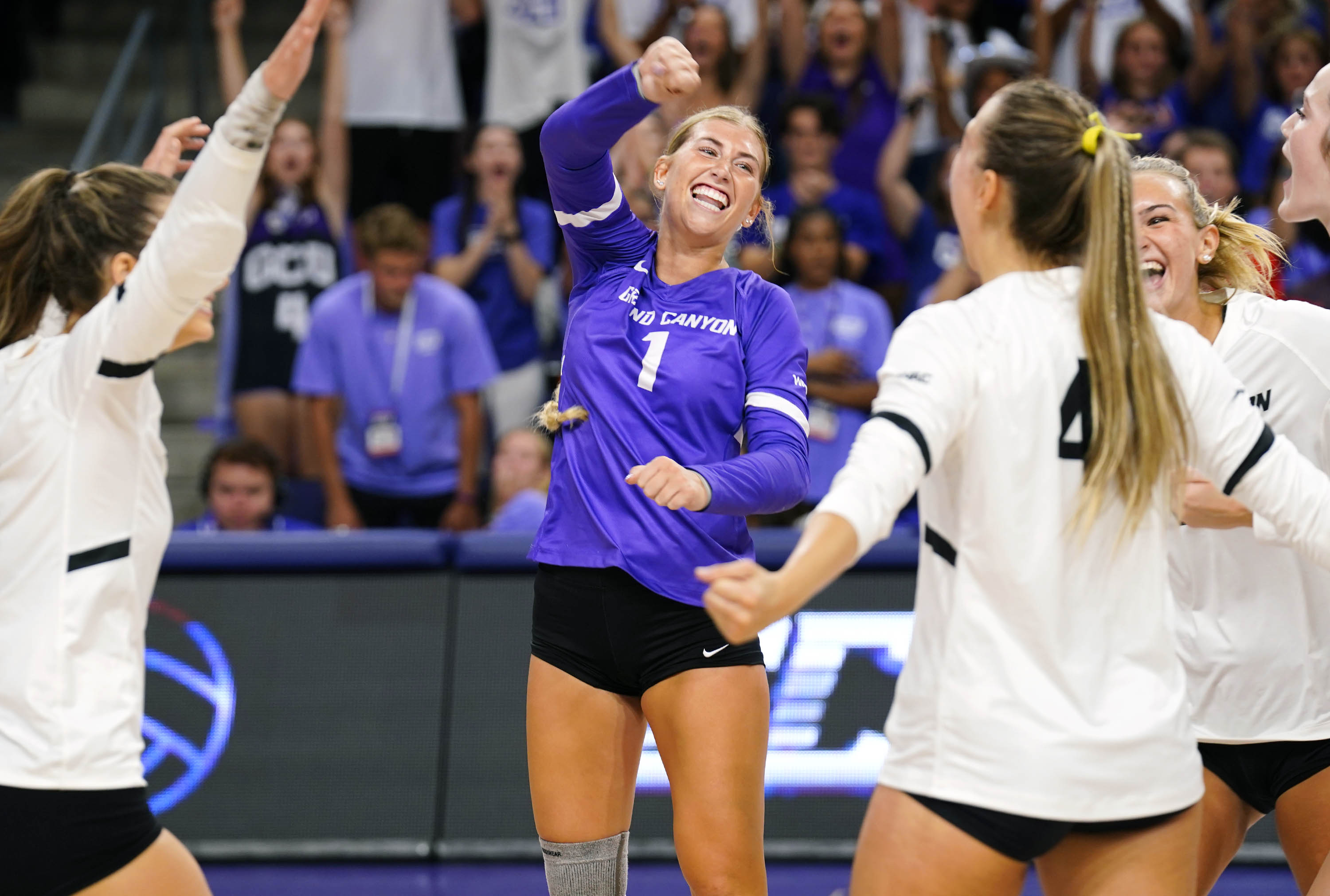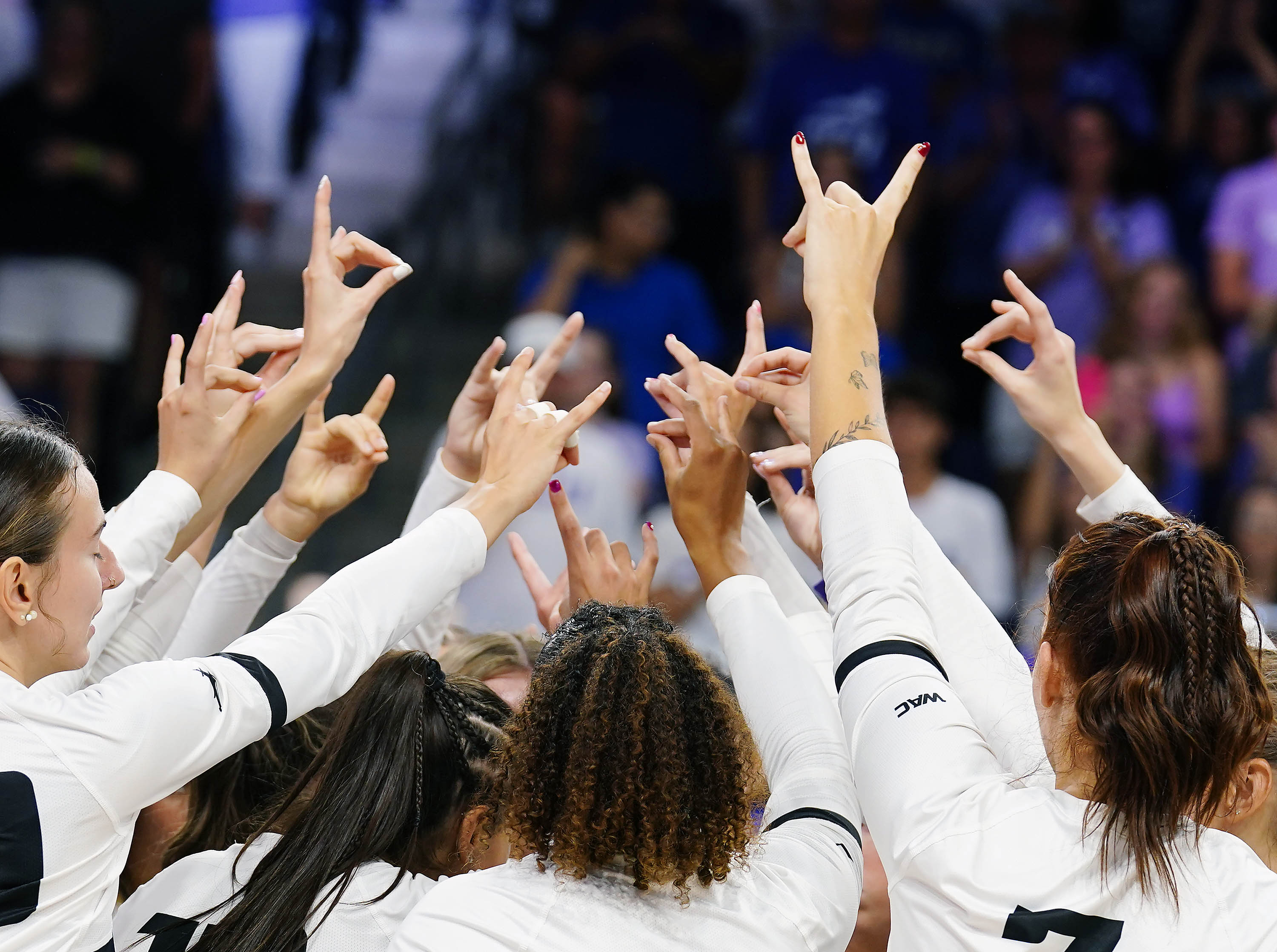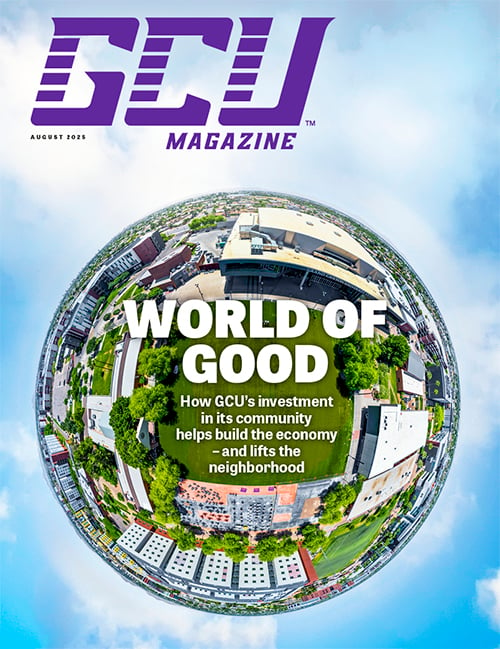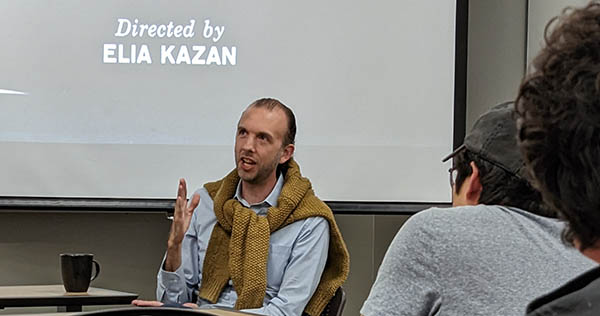
The classroom lights dim. Dr. Jonathan Olson, a sweater tied about his shoulders, leans back in his chair, crosses his legs, cradles a coffee mug with both hands and lightly laughs.
He had forgotten how funny the movie is, projected on a large screen in the corner. “Adaptation” (2002) is a movie about adapting a book -- adapted from a magazine article -- to a screenplay about New Yorker writer Susan Orlean’s quest to understand eccentric Florida-swamp orchid thief John Laroche.
“It’s the conceit that opens up all the other adaptations,” the associate professor of English tells a dozen Grand Canyon University students assembled in a classroom not out of obligation or credit but to watch and discuss a good film.
Screenwriter Charlie Kaufman (Nicolas Cage played the role and was nominated for an Oscar) revolted at the idea of writing a movie of Hollywood conventions – car chases, falling in love, learning profound life lessons and ending with snappy pop tune.
“By the third act, all of those things happen,” Olson said. “By the end of the story, he adapts.”
The students volunteer their insights in a fascinating 150 minutes spent in the mind of a screenwriter.
“Another thing, the whole meta concept of finding a passion or idealized way of looking at life – it’s almost like she (Orlean, played by Meryl Streep) isn’t in that situation because of Laroche but what she is missing in her life,” said freshman Midori Matsushima.
Watching Movies About Movies is among the co-curricular College of Humanities and Social Science workshops that also include Novels Ideas, faculty-led workshops on important authors, and Write Here, Right Now, a learning community led by students and guided by Professional Writing faculty members. They are offered to anyone who wants to attend, and often it’s students outside the creative arts or writing fields who do, along with occasional visits by faculty or staff.
Matsushima attended the recent workshop out of pure interest. The biology student says she doesn’t watch movies for entertainment but to analyze a film.
“I just think it’s interesting to get to talk about how all the people have to work together, the director, actors and writers, to go in the same direction. It’s fun to analyze that through themes that you as a person can then relate to,” she said. “But you have to be awake and have the energy to think about it if you are going to watch it.”
It’s an opportunity to interact on subjects often outside their normal study.
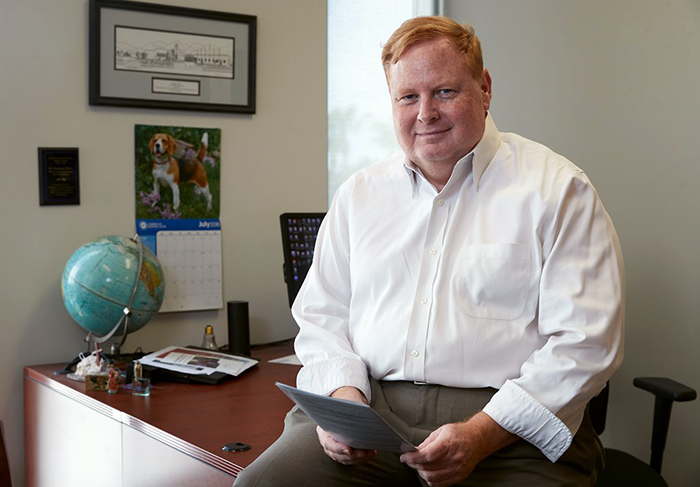
“The majesty of the full college experience provides opportunities for expanding one’s world view and skill set by taking advantage of the extra offerings of their professors,” said CHSS Dean Dr. Sherman Elliott. “They often discover more about themselves through the unexpected, unplanned informal curriculum.”
Olson did significant planning when he first launched the movie series three years ago. Then part of what was called Explore More, his was a lunchtime session that included short movie clips and a lecture. Last year, it transformed into showing an entire movie, followed by an open discussion of the film.
“One of my wife's and my favorite activities is watching a movie and talking about it,” Olson said. “In a way, it’s doubling the value of the movie. The reflection, discussion or meditation is its own experience, and sometimes it comes to you a week later and things seem to make sense.”
Sometimes a movie is a puzzle, and a viewer must engage with it. Even action or blockbuster movies that on the surface appear to be shallow often have deeper meanings, Olson said.
It’s nice to start off the week watching a movie in the daytime. It feels luxurious.
Dr. Jonathan Olson
The expert in British literature, who once taught a film class at The University of Liverpool, missed the exploration that reveals the ah-has of not just arthouse but accessible indie or even mainstream films he selects for the series. Today, as fewer old films exist on popular streaming services, he says it gives students a chance to be exposed to them, everything from the Coen brothers' “Barton Fink” to “The Player” and “Last Action Hero.”
With the help of students, he whittled 100 movies to 25 that are shown most Mondays at 1 p.m. throughout the academic year in Building 33, Room 205. It’s a day when most faculty and students don’t have classes on campus, and Olson volunteers his time.
“It’s nice to start off the week watching a movie in the daytime. It feels luxurious,” he said. “No matter what happens the rest of the week, no matter how busy we are, we started off the week watching a movie.”
Students’ post-film discussion was less a simple thumbs up than a creative deconstruction of film genre, sequences, parallels and irony.
“You end up puzzling it out subconsciously,” Matsushima said.
After all, it’s a movie about a guy who likes a flower and a guy writing about a woman who is writing about a guy who likes a flower. Or fascination and disappointment. Or evolution and adaption. With profound life lessons. (“You are what you love, not what loves you.”)
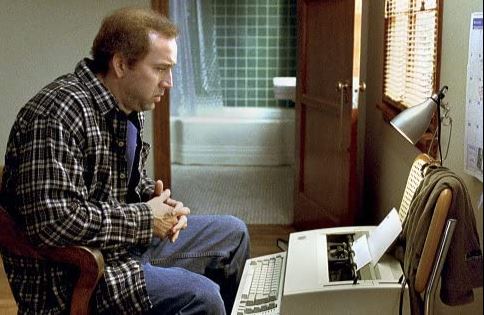
“I noticed all the people making fun of him,” freshman Ryan Mudd said of the Kaufman character. “There’s a whole motif of people making fun of people behind their backs.”
Olson jumps in.
“Fascination is another motif – fascinated with the idea of being fascinated – which is another form of adaptation.”
Mudd said afterward that he simply likes movies. The biology major particularly likes “Adaptation” because the most important aspect of any film is that it’s “super smart.” He noticed that the Kaufman character and his alter ego twin (please see the film) had swapped their reading choices by the end of the film, one of those small details that is a light-bulb moment and re-enforces meaning for a film buff.
“I had never noticed that before,” Olson said afterward. “What a great observation. If I had watched it alone, I wouldn’t have noticed that.
“Going to a movie and talking about it is valuable. What makes this a co-curricular experience, and academic exercise, is the discussion.”
Grand Canyon University senior writer Mike Kilen can be reached at mike.kilen@gcu.edu or at 602-639-6764.
***
CHSS WORKSHOPS
Watching Movies About Movies: 1-3:30 p.m. Mondays, Building 33, Room 205.
Novel Ideas: Noon-1 p.m. Nov. 28. Focusing on stories of Edgar Allen Poe. Building 16, Room 205
Write Here, Write Now: Student-run, faculty-guided meetings, second Monday of every month. noon-1 p.m., Building 16, Room 205
***
Related content:


